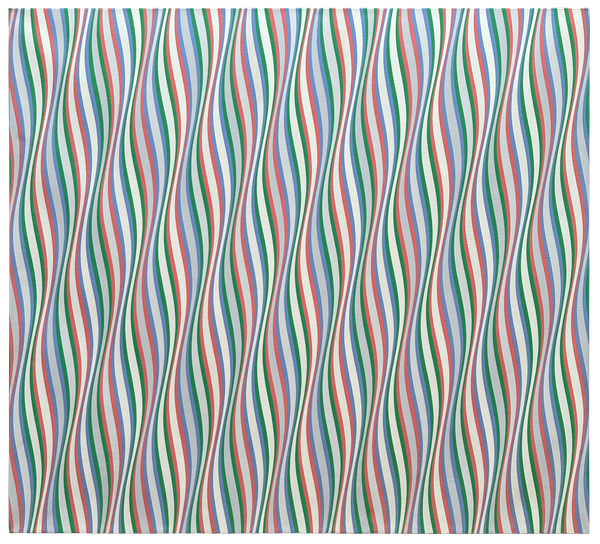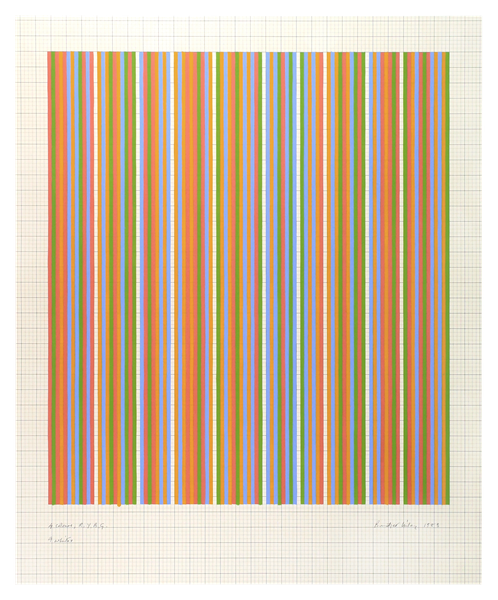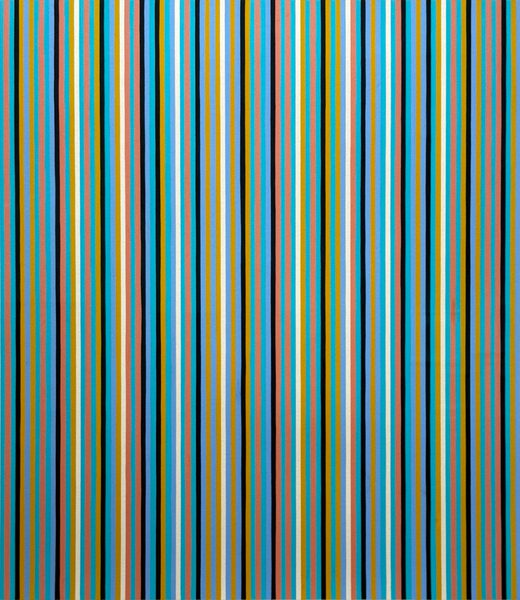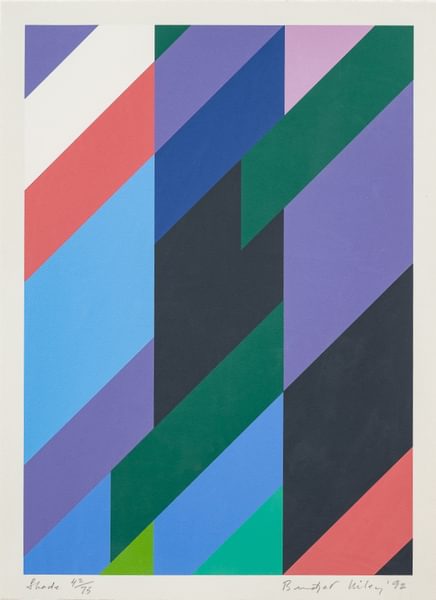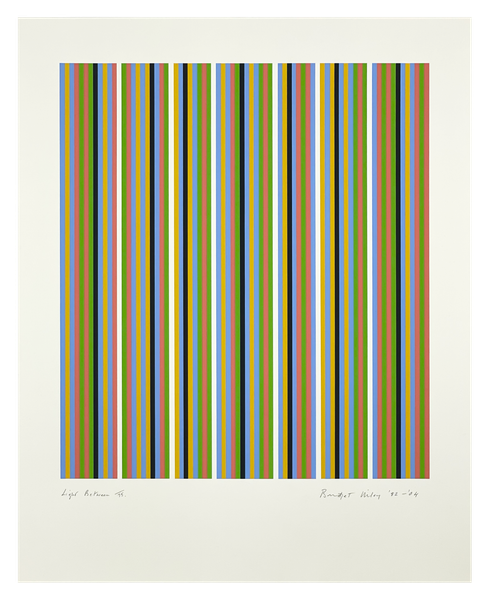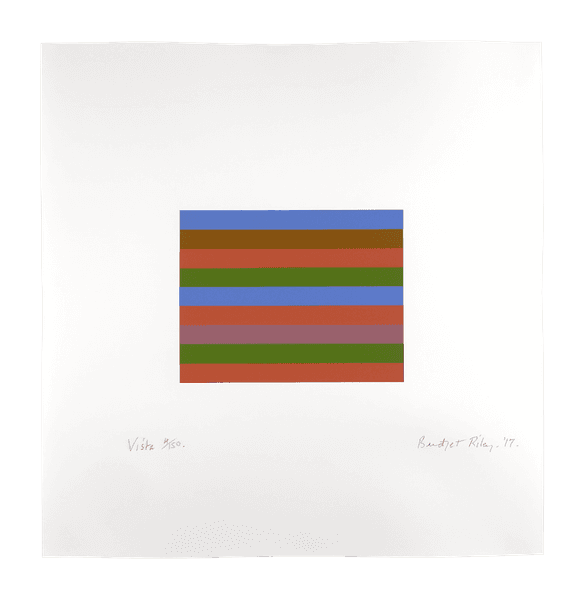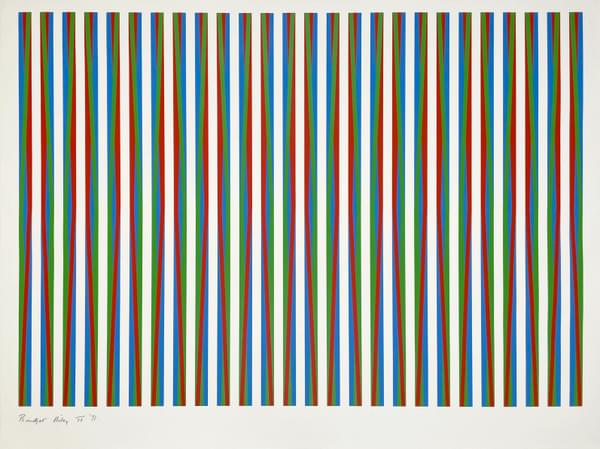Print for Chicago 8
The Chicago Seven (originally the Chicago Eight, and also known as the Conspiracy Eight / Conspiracy Seven) were seven defendants: Abbie Hoffman; Jerry Rubin; David Dellinger; Tom Hayden; Rennie Davis; John Froines and Lee Weiner and were presented by the federal government with charges related to anti-Vietnam War protests that took place in Chicago on the occasion of the 1968 Democratic National Convention. Bobby Seale, the eighth man charged, had his trial severed during the proceedings, lowering the number of defendants from eight to seven. None received jail sentences or fines, and the trials were largely seen as a gross abuse of justice and the powers of the police, court and state.
Anti-war groups had petitioned the city of Chicago for permits to stage marches during the Convention, but the city denied all permits. Hundreds of thousands of protesters gathered, and the situation degenerated into verbal and physical confrontation, the police using tear gas and batons to beat people: protesters retaliating by throwing rocks and bottles.The television networks began to broadcast footage of these violent clashes, cutting away from the nominating speeches for the presidential candidates.
Over the course of five days and nights, the police made numerous arrests, and hundreds of police officers and protesters were injured. Dozens of journalists covering the actions were also clubbed by police or had cameras smashed and film confiscated. In the aftermath of what was later characterised as a "police riot" by the U.S. National Commission on the Causes and Prevention of Violence, a federal grand jury indicted eight demonstrators and eight police officers.
The trial held some of the most shocking scenes of institutional racism ever to have taken place in a court of law. Early in the course of the trial, Black Panther Party activist Bobby Seale was denied his constitutional right to counsel of his choice and was thereafter illegally denied his right to defend himself. Seale requested that the trial be postponed so that his attorney Charles Garry could represent him (as Garry was about to undergo gallbladder surgery). The Judge denied the postponement, and refused to allow Seale to represent himself. Seale vehemently protested the judge's illegal and unconstitutional actions, arguing that they were not only illegal, but also racist. The judge in turn accused Seale of disrupting the court, and ordered him to be bound, gagged, and chained to a chair, citing a precedent from the U.S. Supreme Court case Illinois v. Allen. For several days, Seale appeared in court bound and gagged before the jury, struggling to get free and managing to make muffled sounds. Defense attorney Kunstler declared, "This is no longer a court of order, Your Honor, this is a medieval torture chamber." Ultimately, Judge Hoffman severed Seale from the case, sentencing him to four years in prison for contempt of court, one of the longest sentences ever handed down for the alleged offence. Due to the judge's unconstitutional actions however, the contempt charges against Seale were soon overturned by the U.S. Court of Appeal.
The trial had several lighter moments: When the names of the defendants were mentioned in court, at the early part of the trial, Judge Hoffman made a comment about defendant Abbie Hoffman; "He is not my son." In an immediate reply, Abbie called out, "Dad, dad, have you forsaken me?!" Later, defendants Hoffman and Rubin appeared in court dressed in judicial robes. When the judge ordered them to remove the robes, they complied, to reveal that they were wearing Chicago police uniforms underneath.
The trial galvanised campaigners for justice and equality worldwide to action. Bridget Riley, who was working on the present screenprint at the time, donated the entire edition to help fund the defendant's legal expenses.
Print for Chicago 8
- Artist
- Bridget Riley (b.1931)
- Title
- Print for Chicago 8
- Title Notes
- also known as Untitled [Chicago Eight], Untitled [Chicago Seven] or Chicago Seven
- Medium
- Screenprint in three colours on Arches paper
- Date
- 1971
- Size
- 24 x 18 1/8 in : 61.0 x 46.0 cm
- Edition
- From the edition of 150, signed and numbered by the artist
- Printer
- Kelpra Studio, London
- Publisher
- Center for Constitutional Rights
- Notes
- The entire edition was donated by the artist to help fund the Chicago Eight defendants. As the case was dropped for one of the original defendants in the trial, the print is sometimes referred to as Untitled (Chicago Seven) This work is unframed
- Literature
- "Bridget Riley - The Complete Prints 1962-2020", The Bridget Riley Art Foundation, Thames & Hudson, London, 2020, no. BRS 16, pp.102-103 (illus.)
Schubert 15 - Exhibited
- Arts Council 1980-84, no.17, as "Chicago Seven"
Arts Council 2001-03, as "Untitled [Chicago Eight]
Städtische Galerie, Villingen-Schwenningen, 2013, as "Untitled [Chicago Eight]
Museum in Kulturspeicher Würzburg, 2019, as "Untitled [Chicago Eight] - Reference
- A25-17
- Status
- Currently Unavailable
Available Artists
- Albers Anni
- Ancart Harold
- Andre Carl
- Avery Milton
- Baldessari John
- Barnes Ernie
- Calder Alexander
- Castellani Enrico
- Clough Prunella
- Crawford Brett
- Dadamaino
- de Tollenaere Saskia
- Dyson Julian
- Elsner Slawomir
- Freud Lucian
- Gadsby Eric
- Gander Ryan
- Guston Philip
- Haring Keith
- Hartung Hans
- Hayes David
- Held Al
- Hepworth Barbara
- Hill Anthony
- Hitchens Ivon
- Hockney David
- Hutchinson Norman Douglas
- Jenney Neil
- Katz Alex
- Kentridge William
- Knifer Julije
- Kusama Yayoi
- Le Parc Julio
- Leciejewski Edgar
- Léger Fernand
- Levine Chris
- Marchéllo
- Martin Kenneth
- Mavignier Almir da Silva
- Miller Harland
- Mitchell Joan
- Modé João
- Moore Henry
- Morellet François
- Nadelman Elie
- Nara Yoshitomo
- Nesbitt Lowell Blair
- Nicholson Ben
- O'Donoghue Hughie
- Pasmore Victor
- Perry Grayson
- Picasso Pablo
- Pickstone Sarah
- Prehistoric Objects
- Riley Bridget
- Ruscha Ed
- Sedgley Peter
- Serra Richard
- Shrigley David
- Smith Anj
- Smith Richard
- Soto Jesús Rafael
- Soulages Pierre
- Spencer Stanley
- Taller Popular de Serigrafía
- The Connor Brothers
- Vasarely Victor
- Vaughan Keith
- Whiteread Rachel
- Wood Jonas

